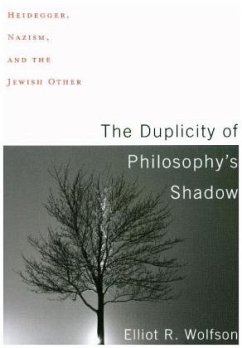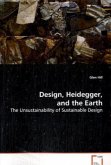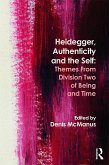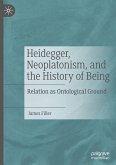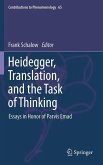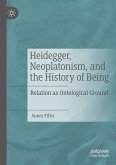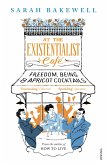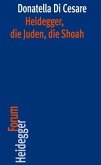Martin Heidegger (1889-1976) is considered one of the most influential philosophers of the twentieth century in spite of his well-known transgressions - his complicity with National Socialism and his inability to show remorse or compassion for its victims. In The Duplicity of Philosophy's Shadow, Elliot R. Wolfson intervenes in a debate that has seen much attention in scholarly and popular media from a unique perspective, as a scholar of Jewish mysticism and philosophy who has been profoundly influenced by Heidegger's work.
The Duplicity of Philosophy's Shadow represents one of the most sustained and creative engagements with the legacy of Heidegger. Rather than marginalize Heidegger and ostracize those who engage his writings, Wolfson instead opts for critical engagement and intellectual honesty. His poetic wrestling is simultaneously exciting and timely. Aaron W. Hughes, University of Rochester
